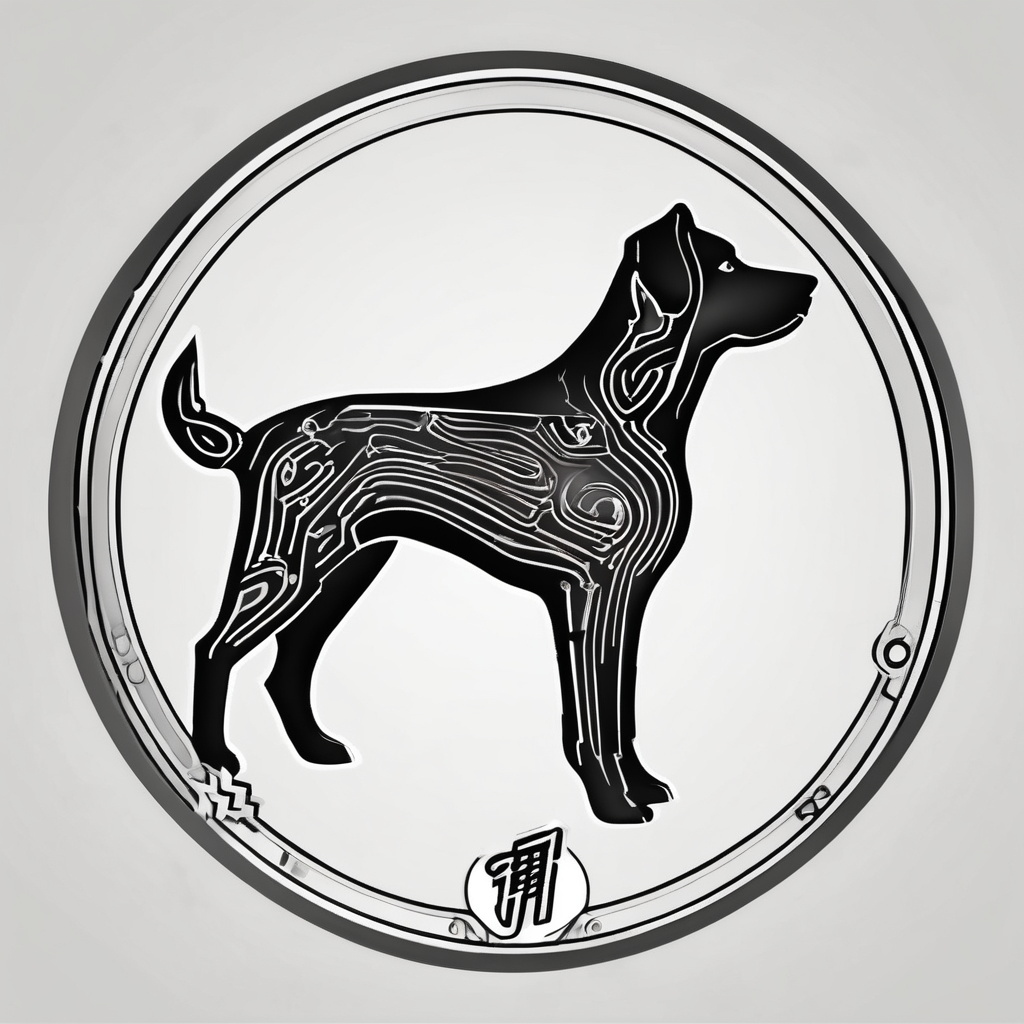Discover
Pet Care
Efficient
Efficiency
Nurturing
Nurturing Relationships
Feline
Animal Welfare
Welcome to Efficient Dog
About Us
Efficientdog.com is a comprehensive online platform dedicated to animal lovers, with a primary focus on cats. Join our community and start your journey towards becoming a loving and knowledgeable pet parent.

Our Mission
Our primary goal at Efficientdog.com is to create a supportive community for pet lovers. We are passionate about contributing to animal welfare and making a positive impact in the world.
Find a wide selection of cat-related services and products
Browse through our comprehensive catalog of services and products for your feline friends.
Expert Advice
Get reliable and up-to-date information from our team of experienced pet care experts.
Community Support
Join our community of passionate pet lovers and get support from fellow cat owners.
Quality Products
Choose from a wide range of top-quality products specifically designed for cats.
Superior Services
Take advantage of our premium pet care services and give your cat the best treatment possible.
Join us to enrich your pet parenting journey while contributing to the larger cause of animal welfare.
Start your journey towards responsible pet ownership today!
Millions of Satisfied Pet Owners
Join our growing community of pet parents and discover the efficient way to take care of your furry friends.
Recent Blog Posts
Stay up to date on the latest pet care tips, tricks, and news!

Understanding antimicrobial resistance in poultry farming
In recent years, antimicrobial resistance (AMR) has emerged as[…]

What are the essential considerations when setting up an aviary for exotic birds in Britain?
You’re contemplating the exciting venture of establishing an aviary[…]

How are UK botanical gardens contributing to plant conservation and biodiversity?
Plant conservation and biodiversity are two pressing issues in[…]

What are the long-term effects of UK’s wildlife conservation policies on local ecosystems?
Wildlife conservation has been a pertinent issue across the[…]

How can you train a Gordon Setter to perform in Scottish agility trials without stress?
In the wonderful world of dogs, each breed has[…]

What are the unique dietary needs of a Cornish Rex during the harsh British winter?
As pet enthusiasts, you know that cats are unique[…]

How can UK residents help monitor and report on the health of local river ecosystems?
In today’s world, where environmental health is of utmost[…]

What are the considerations for maintaining a constant indoor temperature for hairless cats?
Hairless cats, such as the Sphynx breed, have become[…]

What is the optimal exercise regime for a Field Spaniel to maintain health without overexertion?
The vitality and wellbeing of our furry friends is[…]

How can you optimize a travel itinerary to reduce stress for a cat during a cross-country move?
When it comes to relocating, most people dread the[…]

What are the critical training tips for a German Pinscher to improve recall reliability?
German Pinschers are one of those breeds that effortlessly[…]

How can you manage aggressive tendencies in a Griffon Bruxellois with positive reinforcement?
Being a dog owner is a rewarding experience. The[…]

What are the best techniques for teaching multiple cats to share resources without aggression?
As cat owners, we all know that feline relationships[…]
